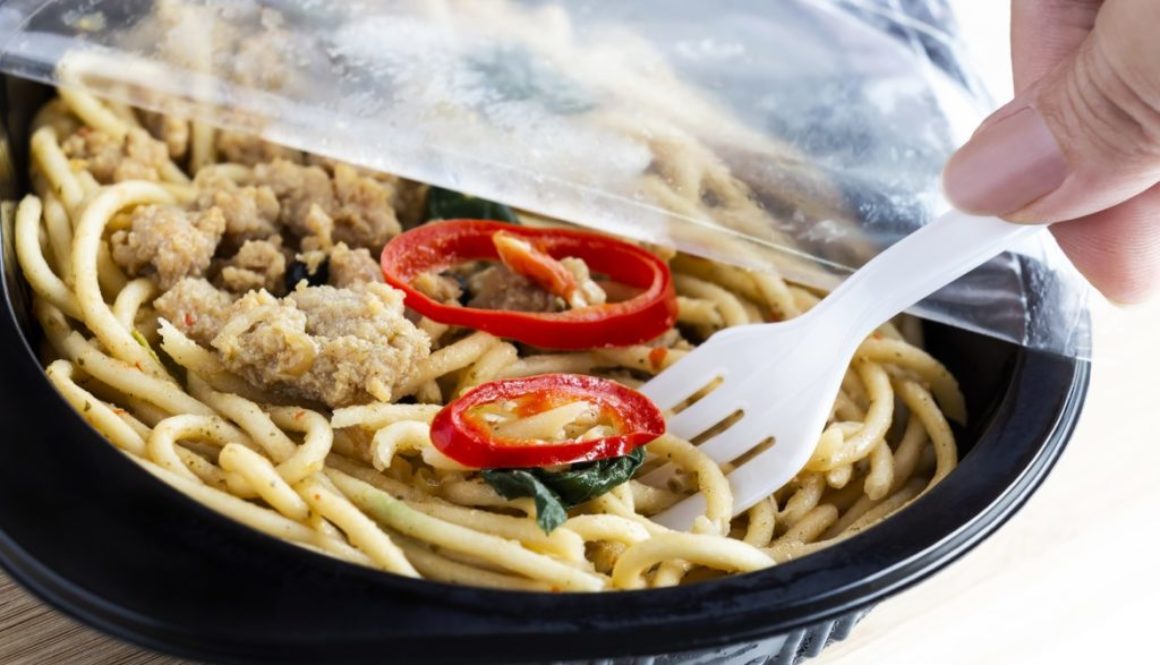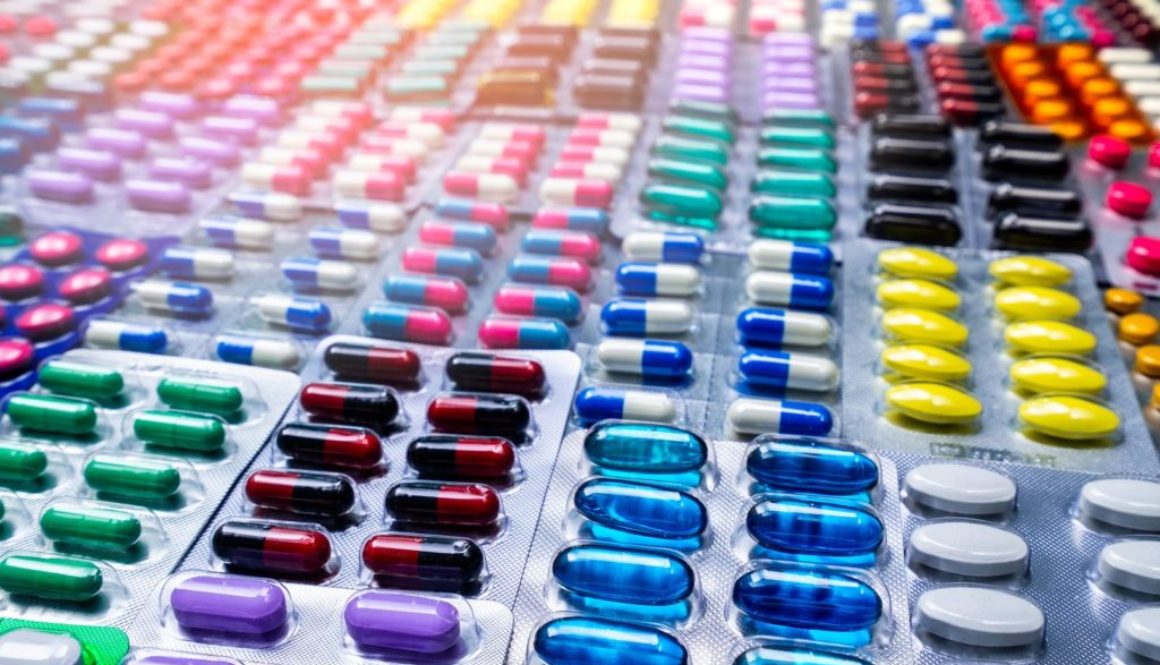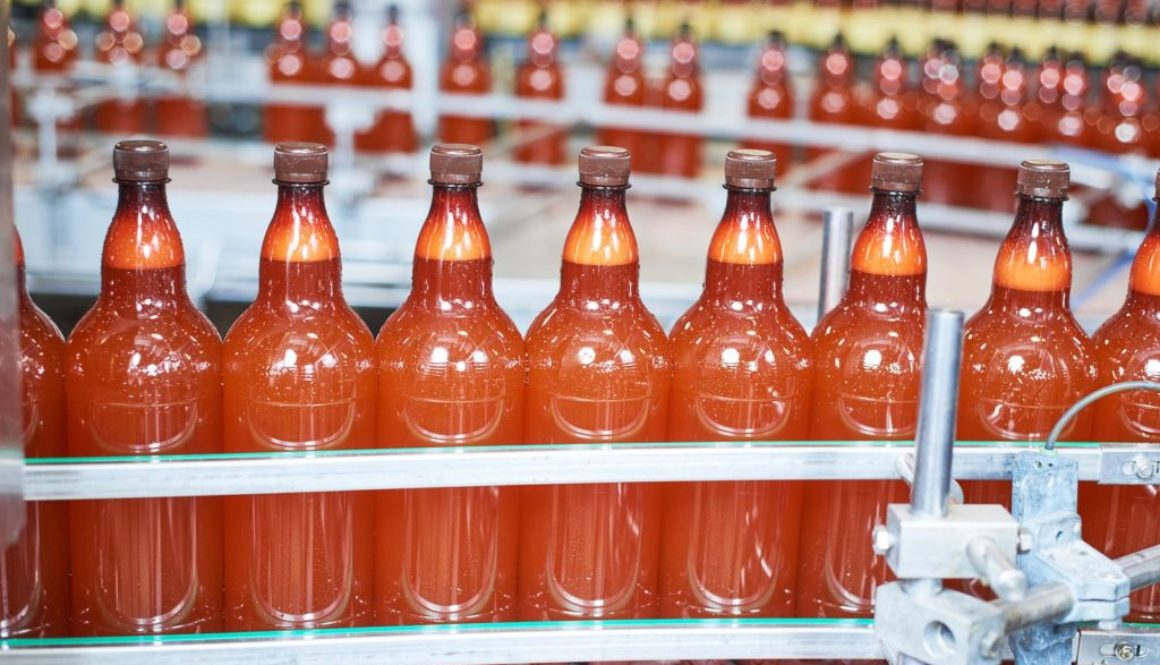Accelerating demand for responsible corporate behavior and eco-friendly products are revolutionizing the restaurant, beverage, and food industries— and with them,
complete packaging solutions and the packaging industry. Forward-thinking business owners understand that "going green" is no longer just a buzzword. It's a way of life for many consumers, with a significant impact on how they spend their money. This drive for sustainability is creating opportunities for innovative food packaging and ideas. To take full advantage of this phenomenon, it’s important to understand three sustainability trends driving the green movement.
Big corporations are leading the way toward sustainable packaging.
Global restaurant and beverage brands are answering the call for eco-friendly packaging. Numerous brands have announced sustainability-oriented projects and commitments for the next several years, such as:
- Coca-Cola has promised to recycle or collect one can or bottle for each one it sells by 2030.
- McDonalds has publicly expressed its commitment to have its guest packaging completely made from certified, recycled, or renewable materials by 2025.
- The drive to minimize plastic straws continues to spread globally. One corporation that’s been vocal and active in this effort is multi-national conglomerate Starbucks.
These initiatives have received an overwhelmingly positive response from both environmentalists and the average consumer. More importantly, it's manifesting in a trickle-down effect, encouraging companies of all sizes to be eco-sensitive with their
custom product packaging.
Governments are mandating the use of reusable and recycling materials.
During the 2017-2018 legislative season, a staggering 70 bills in state legislatures were introduced concerning plastic bags, and involves its fees, bans, and recycling programs. Here are some notable legislative moves around the world:
- California was a major trend-setter in this arena. It pushed for a ban for plastic bags after the elections on November 2016. Numerous cities in North America have followed suit since then.
- Another country that has embarked on an ambitious sustainability program is Australia. Its goal is that by 2025, 100% of all Australian packaging should be reusable, compostable, or recyclable.
- Furthermore, not only has Canada’s Vancouver banned the use of plastic straws, it also banned polystyrene container and foam cups from being distributed. This is on top of restrictions on plastic shopping bags and reusable cups. By 2040, Vancouver is eyeing total elimination of disposing of solid waste.
This worldwide legislative trend offers an unprecedented opportunity for companies— and co-packing companies – to explore more ways of sustainable food packaging.
Innovative, eco-friendly food packaging solutions are emerging.
In response to the global demand for sustainability, out of the box ideas for food packaging are constantly being created. For instance, USDA researchers came up with a biodegradable, edible packaging film based on the milk protein casein. Instead of plastic film, it can be wrapped around food items like cheese, bread, and meats to prevent spoilage. Cosmetic companies like L’Oréal USA are exploring the use of ecologic paper bottles made out of newspapers and corrugated cardboard for a new line of products. On top of this, funding is being poured into research toward more sustainable solutions.
Make the Shift to Eco-Friendly Packaging With Us!
As a leading provider of
contract packaging services in California and beyond, sustainable and responsible packaging design has long been part of our mission here at Consolidated Strategy Group. Interested in sustainable packaging solutions? Consolidated Strategy Group has all your needs covered – call us at 714-866- 8301 today!



